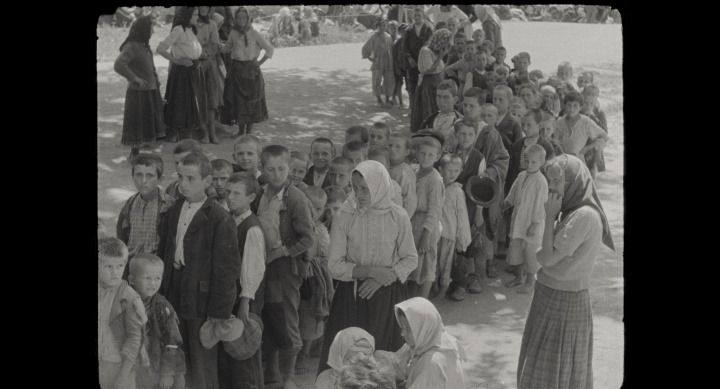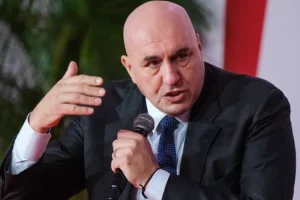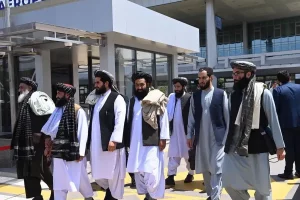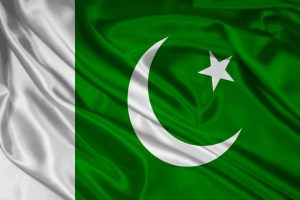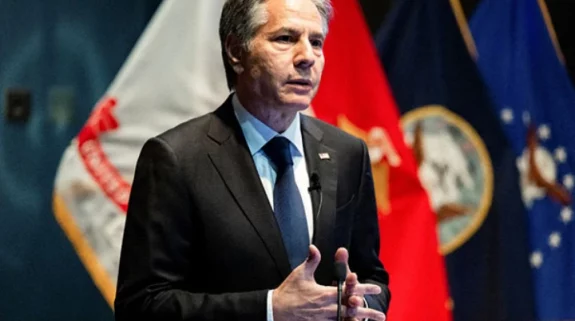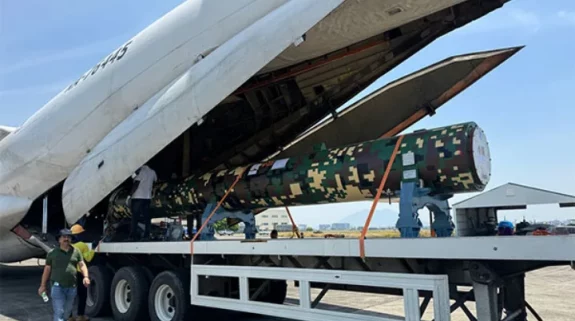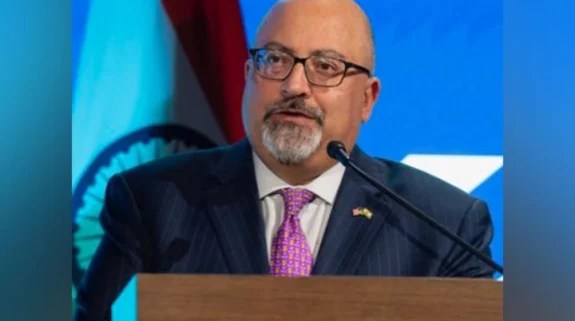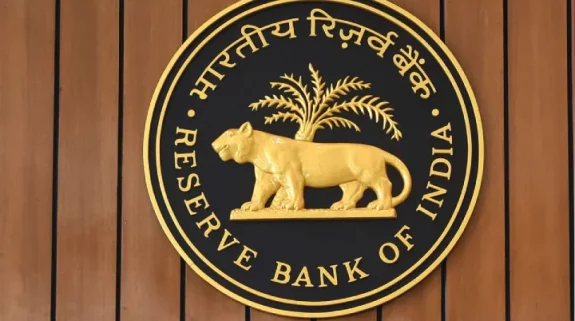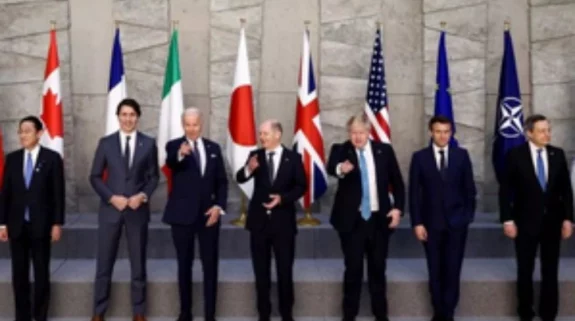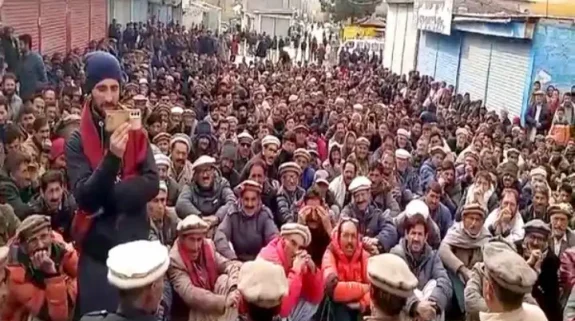The government of India plans to construct a Roma memorial at Kannauj in Uttar Pradesh to commemorate the exodus of people from the city to the Mediterranean region and Europe. The memorial will also have an amphitheatre to showcase local culture.
Speaking on the World Roma Day, April 18, Uttar Pradesh’s Minister of State for Social Welfare, Asim Arun said that it was a surprise to know that such large-scale migration took place from Kannauj to Europe. Arun said: “We will make the Roma memorial a hub of activity for the Roma as well as local people. As part of the memorial, we also plan to make a film”.
The government of India is taking the lead in constructing the Roma memorial with support from the state government. Kannauj lies about 400 kms south-east from Delhi.
The Roma community, which is spread in large parts of Europe, faces poverty and discrimination. The Roma people were killed in tens of thousands alongside the Jews by the Nazis during the Second World War. The persecution by the Nazis has come to be acknowledged only recently.
We’ve had a visit from a traditional Bow Top Gypsy wagon to the Civic Centre today to mark Gypsy, Roma & Traveller History Month!
The wagon was built over three years in an award-winning project by children from Salford’s traveller and non-traveller communities. #GRTHM pic.twitter.com/c0gKzhBDXQ
— Salford City Council (@SalfordCouncil) June 16, 2022
It was widely believed earlier, but now supported by numerous studies, that the Roma people migrated from north-west India. Livia Jaroka, Member of the European Parliament (MEP) and Roma leader from Hungary said that India needs to take up leadership of the Roma community. She added that the Indian government and also the European Union should provide more support for Roma issues.
Underlining the difficulties being faced by the community, Jaroka said that the Roma people in Europe are once again facing severe difficulties because of the impact of Covid, the Russia-Ukraine war and rising inflation. She added that the Roma community leaders in Europe can now use technology to network with India for the cause of the Roma people.
Many Roma intellectuals voiced about seeking support from India and restoring historical ties with their country of ancestry. Peter Pollak, Member of the European Parliament (MEP), Slovakia, said: “we need support from India in recognising the Roma people”. He added that the Romani people want to have closer and “fruitful cultural cooperation with the country of our fathers and mothers”.
Normunds Rudevics, the president of the International Romani Union (IRU) Latvia, also focussed on the idea that India has to do more to support the community.
Highlighting the plight of his people, Rudevics said that even now 85 per cent of the Roma do not have a proper roof over their head. “Our community continues to be a victim of crime and discrimination because of the nationality of origin. We want India to grant residence permits to members of the community”.
Rudevics highlighted that the Roma also want to open up a national bank and set-up a memorial in Europe to commemorate the victims of WW-II. He said that the rich Roma culture and traditions are still not known to the world.
Drawing the close connection between the two cultures, Indian ambassador to Hungary, Sanjay Rana said that many linguistic, ethnological, genetic and ethno-sociological researches have conclusively proved that the Roma people of Europe hail from India. He highlighted how various Indian politicians have acknowledged the common heritage between the Roma and India.
Rana added that the Roma are believed to have left India between the 5th-10th centuries and reached the Mediterranean and the Balkan regions. In the 12th century they spread out further to other countries in Europe. “Now they are between 20-25 million strong in Europe constituting 10-12 per cent of the population in Romania and Bulgaria. Despite their ancestral roots, they are not a monolithic culture”, Rana added.
The Antar Rashtriya Sahayog Parishad (ARSP), the Vivekananda Kendra and the Chinmaya Mission had organised the international conference to highlight the Indian belief in ‘Vasudhaiva Kutumbakam’, or the concept of ‘one earth, one family, one future’. The conference also saw the participation of well-known Roma professors, researchers and musicians from across Europe.
Also read: Does Roma culture have Indian civilizational roots?






